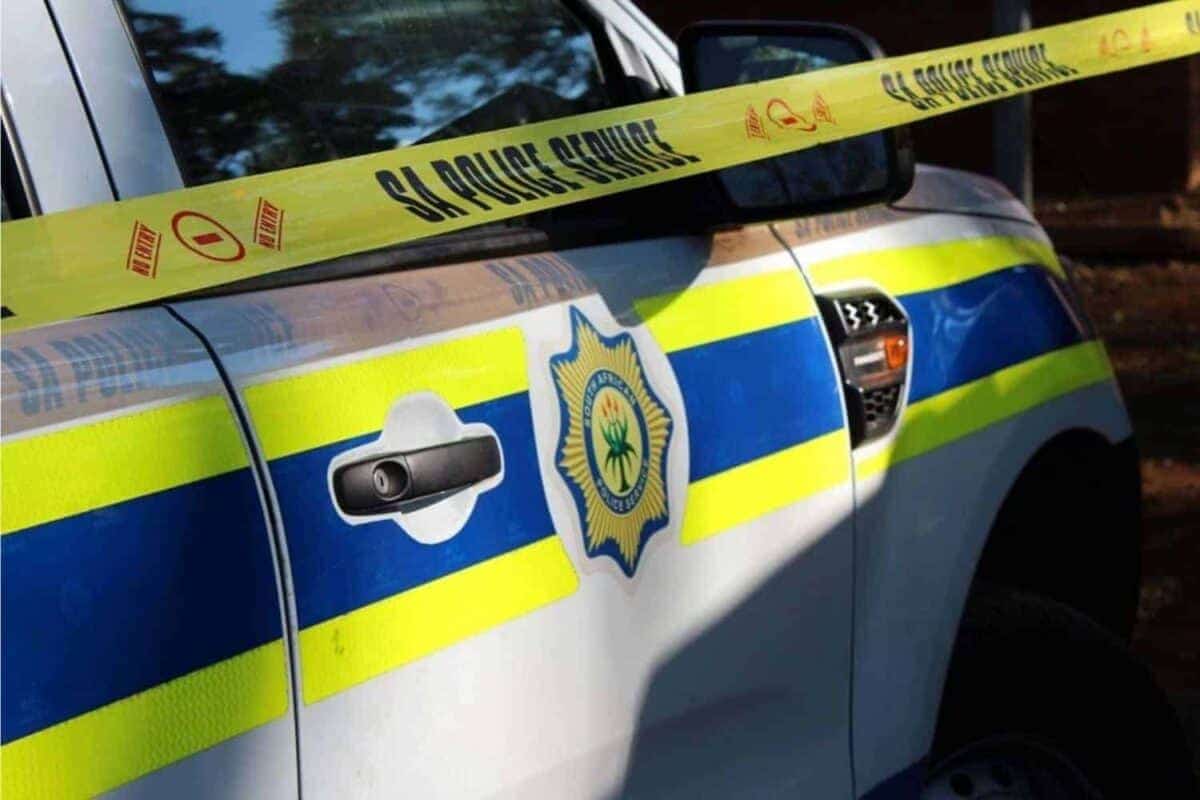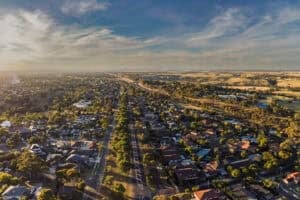With rising crime and falling arrests, experts say political interference has gutted effective policing in South Africa.

South Africa’s police serves the ANC insiders, not the people – and a politicised leadership has effectively stopped policing various categories of crime, including fraud, corruption, and certain types of theft involving politically connected people, two researchers have warned.
Writing in The Conversation, University of Pretoria Prof Ivor Chipkin said collaborative research he has done with Jelena Vidojević, cofounder of the New South Institute, has made it “clear that elite contestation in the ANC is intensifying”.
Chipkin detailed how “police resources were redirected as weapons of elite competition, pursuing political enemies and protecting allies in the ruling party”.
Police a tool for ANC insiders – researchers
He added: “As the ability of some political elites to access state resources through the party declines, some are linked with organised criminal networks.
“Organised crime has been on the edges of South African politics. It now risks taking a more central role.”
ALSO READ: Parties question ANC MP’s election in Mkhwanazi ad hoc committee, logistics concerns raised
In this environment, “the police service will often be the thin (blue) line between multiparty contestation according to constitutional rules and the criminalisation of politics in South Africa”.
Large organisational changes within the police vividly illustrate this shift away from its core function.
The visible policing programme was meant to meant to deter crime through patrols, checkpoints and roadblocks.
Steady decline in resource allocation
But, instead, there was a steady decline in resource allocation. Employee numbers dropped between 2015 and 2021.
Detective services and crime intelligence also experienced such declines.
ALSO READ: Femicide horror as EC man kills wife and ex-girlfriend
Conversely, employee numbers in the protection and security services programme, responsible for providing bodyguards to politicians, increased sharply between 2014 and 2016.
This reorientation of resources coincided with a rise in crime across the country, a decline in arrests by 24.5%, and a drop in the police’s efficacy in solving crimes.
Chipkin said if the claims made last month by KwaZulu-Natal high police commissioner Lieutenant-General Nhlanhla Mkhwanazi – which implicated the “on leave” police minister Senzo Mchunu, together with the deputy national commissioner for crime detection, Lieut-General Shadrack Sibiya, in a scheme to close down investigations into political assassinations in the province – were true, then “political policing remains entrenched”.
Mkhwanazi-Mchunu debacle
The appointment by President Cyril Ramaphosa of Firoz Cachalia – a long-serving ANC loyalist – as the acting police minister, “raises serious questions”.
He wrote: “If the core problem with the police is that it has become embroiled in ANC internal politics, having an ANC insider head the department of police (even if only on an acting basis) threatens to only compound the problem.”
ALSO READ: Four alleged criminals shot during foiled Randfontein robbery
South Africans have already witnessed a long and expensive judicial inquiry into state capture. And despite extensive evidence of police failure to pursue politically sensitive investigations, nothing concrete has come of it.
“How likely is it that this new initiative will be any different, especially if those investigating it and presiding over key institutions are themselves ANC insiders?”
Chipkin observed that “the ability of internal party structures to manage gatekeeping is declining. Many of the people involved are indifferent or even hostile to South Africa’s democratic and constitutional order.”
‘Depoliticise the police service’
What is needed, he suggested, was “to depoliticise the police service and redirect its attention and activities towards crime and emergencies. A crucial first step is to reconsider the appointment processes for the national police commissioner and other managers”.
“Under the current system, the president has sole discretion. This bakes party-political considerations into the decision-making process.”
ALSO READ: Malema declines nomination to chair ad hoc committee probing Mkhwanazi’s claims
His sombre conclusion: “Without structural changes, genuine democratic policing will be an elusive ideal.”






